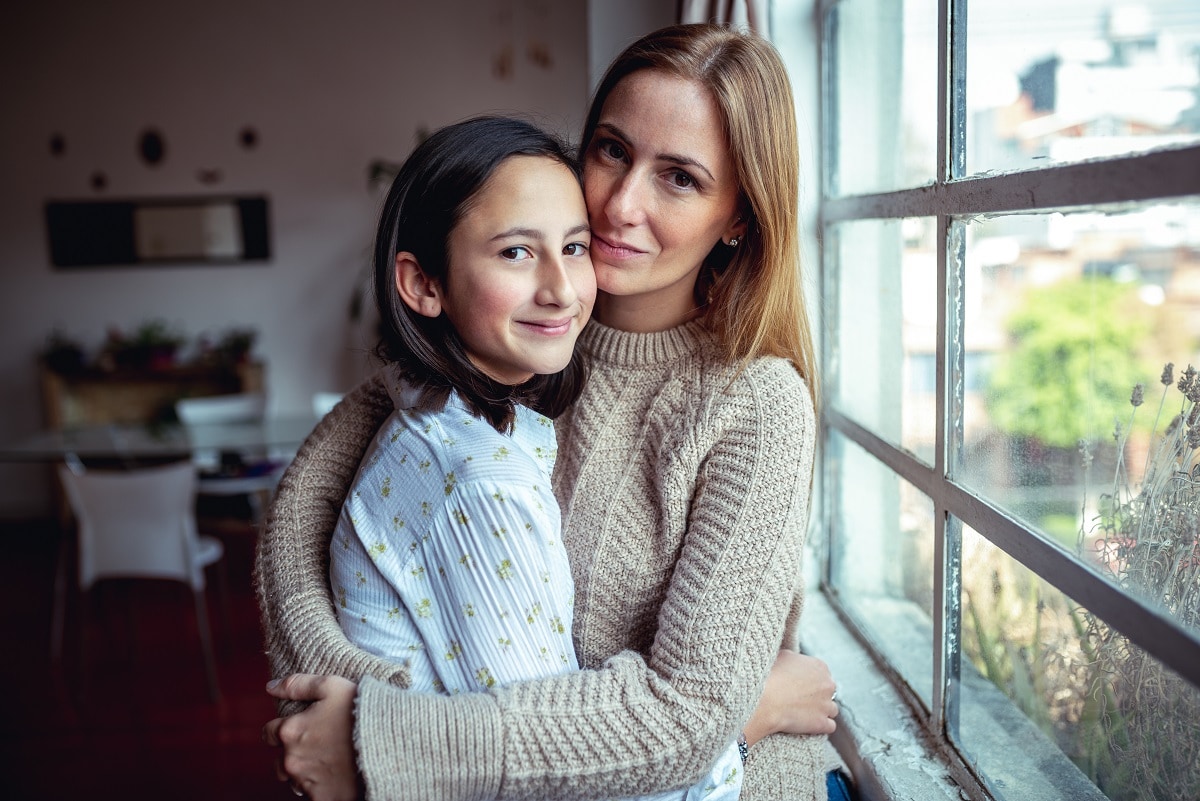Seven months ago, my family and I were living in what was, at the time, the epicentre of the coronavirus. My very pregnant wife was due to deliver our baby boy any day, and we were both stricken with fear and worry surrounding the developing epidemic.
We had so many questions dominating our minds—will it be safe at the hospital? Could our baby become sick, and what happens then? Will we be able to find food and basic supplies? At the grocery store, we witnessed a few panic-inducing sites: empty shelves, and aggressive shoppers trying to claim what was left.
We were thinking of our community and the less fortunate, sure, but not nearly as much as we were thinking of ourselves. But something changed when we witnessed something quite different: compassion and generosity from a good Samaritan.
>> Looking for childcare? Find help in your area here.
Rising to the Occasion
One of the biggest challenges we faced around the birth of our son was how to get to the hospital. I had been denied entry to the hospital since I’d recently had a cold, and our three-year-old daughter was also not allowed in the hospital— “partners only” was the new policy—and all our babysitters were backing out due to virus concerns.
Enter my wife’s colleague. She dropped everything and stayed home from work and came to take care of our daughter while we went to the hospital. I was thankfully admitted for the delivery because enough time had passed since my cold.
We had been spending so much time thinking about ourselves, that it honestly took our breath away that somebody, who had lots of things to worry about on their own, decided to have compassion on our situation and offer to help.
When I got back from the hospital, after heaping thanks on her, I remember asking what she was going to do next. She said that she and her children were going to be going around their neighbourhood checking on elderly neighbours , asking if anybody needed supplies. From that moment on, we have recognised the great opportunity presented by this tragedy is to teach our children about compassion.
Limit Negative News in the Home
Countless studies have come out since Covid first arrived here showing how much more anxious and fearful children have become because of the pandemic. A major reason for this is the types of things they hear at home, whether from the television news or conversations they overhear us having.
While it is certainly important that they stay informed—provided they are old enough to understand, it is simply not good for them to hear constant bad news.
Consider taking some time to share positive stories with them. With programmes such as Jon Krasinski’s “Some Good News” on the rise, it is easy to find all sorts of examples of people being kind to others in the midst of loss and struggle. Hearing these stories can really encourage children to be compassionate themselves, as well as demonstrating the joy of doing good to others.
Show Compassion to Your Children
It is broadly understood now that humans are instinctively compassionate. Babies less than a year old, for instance, can become visibly uncomfortable when they notice you are hurting. You can help a child tap into this by allowing them to feel your own compassion toward them.
Because of the many ways the pandemic may have affected a young person’s life, they are particularly in need of assurance and understanding from their guardians. Take the time to notice what they are going through, asking to talk about how they’re feeling frequently, and showing solidarity when it’s apparent that they’re having a hard time.
Involve Children in Volunteering or Service Opportunities
Lastly, it is very helpful for children to witness compassion in action and even get to serve alongside an adult. Depending on your ability, you may find yourself able to participate in numerous ways to help your community —be it dropping off canned goods at a food bank or sending greeting cards to the elderly in isolation.
By inviting your child to participate with you, you are offering a chance to see how choosing compassionate actions can brighten the lives of both others and ourselves.
By freelance writer Riley Herder

